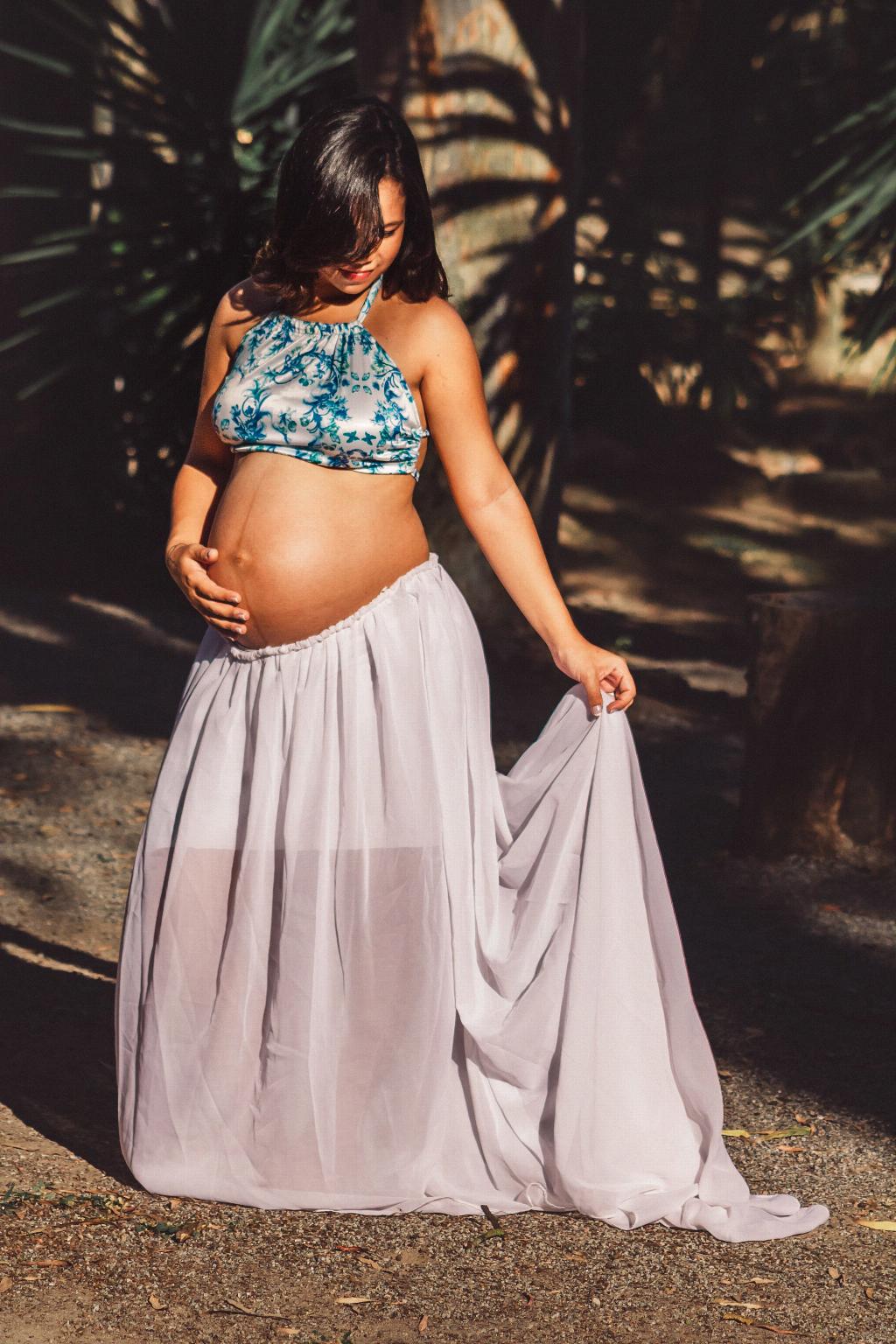After undergoing a C-section, many new mothers may wonder when it is safe to start using birth control methods to prevent pregnancy. Understanding the timing for starting birth control after a C-section is essential for postpartum care and family planning.
Typically, healthcare professionals recommend waiting for a few weeks before starting birth control after a C-section. For those who are not breastfeeding and do not have any risk factors for a blood clot, it is generally safe to begin using contraception about 3 weeks after giving birth.
While the specific timing may vary depending on individual circumstances, starting birth control too soon after a C-section can increase the risk of complications and may not be advisable for everyone. It is essential to consult with your healthcare provider to determine the most suitable timeline for starting birth control after a C-section.
Among the contraceptive options available for new mothers after a C-section are the combined pill, vaginal ring, and contraceptive patch. These methods can generally be initiated around 3 weeks postpartum if certain criteria are met, such as not breastfeeding and being cleared by a healthcare provider.
It is important to keep in mind that the decision to start birth control after a C-section should be made in consultation with a healthcare professional. Factors such as individual health status, medical history, and contraceptive preferences need to be taken into account when determining the appropriate timing for initiating contraception post-C-section.
Following a C-section, the body goes through a period of recovery and adjustment. Starting birth control too early in this postpartum phase can potentially interfere with the healing process and may not be recommended until the body has had adequate time to recuperate from the surgical procedure.
There are various considerations to take into account when determining the timing for starting birth control after a C-section. It can be helpful to have open and honest discussions with your healthcare provider about your concerns, questions, and preferences regarding contraception post-delivery.
While the overall advice is to wait until about 3 weeks after a C-section to start birth control, specific recommendations may vary depending on individual circumstances. Your healthcare provider will be able to provide personalized guidance based on your medical history, current health status, and other relevant factors.
Prioritizing both your own well-being and the health of your newborn is paramount when considering when to start birth control after a C-section. Balancing the desire for contraception with ensuring a safe and healthy recovery from childbirth is crucial for long-term maternal health.
Ultimately, the decision of when to start birth control after a C-section is a personal one that should be made in collaboration with your healthcare provider. By being informed, discussing your options, and weighing the relevant factors, you can make a well-informed choice that aligns with your individual needs and goals for family planning.
Remember that every woman’s postpartum journey is unique, and what works best for one person may not be ideal for another. By seeking guidance from healthcare professionals and staying informed about your options, you can navigate the process of starting birth control after a C-section with confidence and peace of mind.

